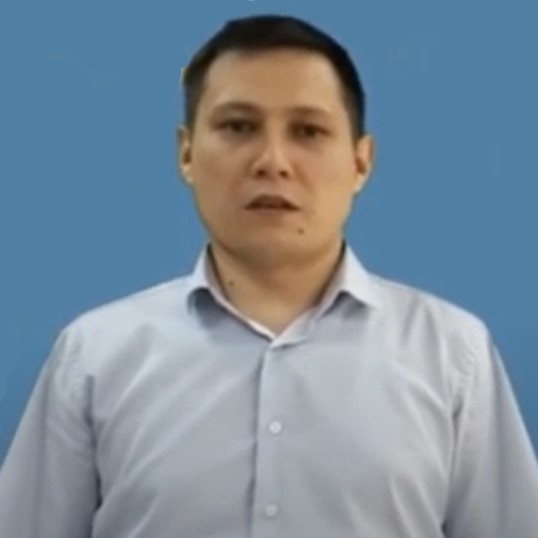
Zholamanov Erlan
Associate professor
The Department of «Economics and business»
Candidate of economics sciences
02.2019 - up to now Time Kazakhstan Engineering and Technology University, Position: Associate Professor of the Department of Economics and Finance
10.2017 - 10.2018 KNK im. Kurmangazy, Position: Associate Professor, Art Management Department
09.2016 – 10.2017 NARKHOZ University Position: Senior Lecturer of the Department of Economics
02.2015 – 08.2017 Eurasian Law Academy named after D.A. Kunaeva, Senior Lecturer of the Department of Economic and General Educational Disciplines
1993 - 1997 KazSAM. International Economist.
1998 - 2001 KazEU named after T. Ryskulova. PhD.
Scientific interests:
1. Stock market
2. Entrepreneurship
Publications
|
№ пп |
Name of works | Name of the journal publishing house, number | Number of prints sheets |
|
1 |
2 |
3 |
4 |
|
1 |
Socialization of business in the regions: need, problems, solutions. (co-authored) |
Materials of the International Scientific and Practical Conference: "Political-legal, international and socio-economic aspects of the development of a sovereign state: problems and priorities". School "Law and Public Administration" (April 17, 2017) |
0,5 |
|
2 |
"Green economy" and quality of life. Monograph. (co-authored) |
Алматы, ТОО «Гира трэйд»,2019 |
6,4 |
|
3 |
Lifespan: economic and environmental factors. (co-authored)
|
KazITU. Proceedings of the international scientific and practical conference "Integration of Education, Science and Production: Topical Issues, Achievements and Innovations". Almaty, April 26, 2021 |
0,5 |
|
4 |
Models of corporate social responsibility: world experience and Kazakhstan practice. (co-authored) |
KazITU. Proceedings of the international scientific and practical conference "Mental spiritual birth: education, science and culture during the years of independence of Kazakhstan (1991-2021)". Almaty, December, 2021 |
0,5 |